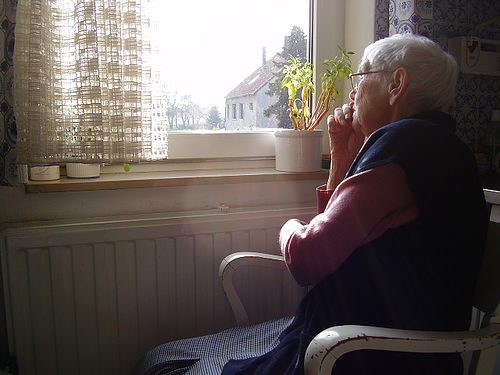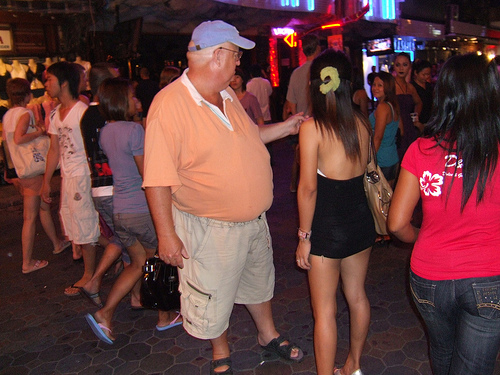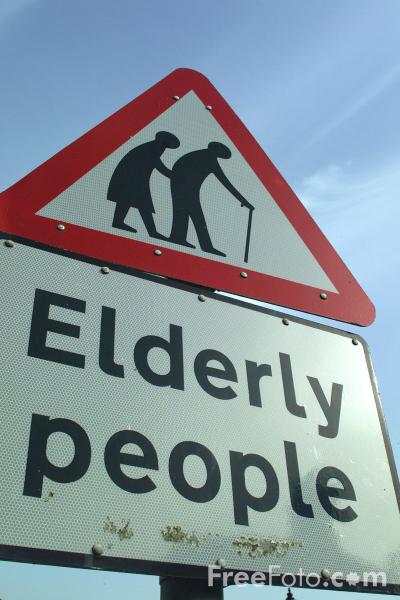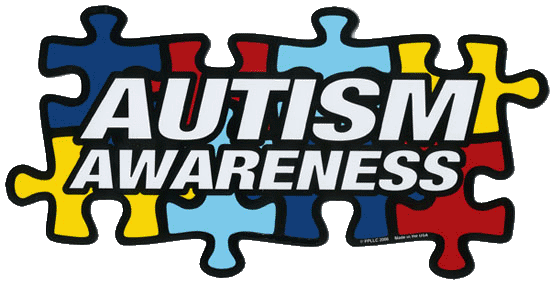 Florida is home to a vast majority of senior citizens. As with any elderly population, Jacksonville elders suffers from an array of physical, degenerative and mental health illnesses and disease. Among a newly recognized and growing condition in the elderly, is Hoarding. The International Obsessive-Compulsive Foundation estimates that 1 in 20 people hoard. As with any disease, hoarding has many serious implications regarding the health, safety, and even mortality of an afflicted individual.
Florida is home to a vast majority of senior citizens. As with any elderly population, Jacksonville elders suffers from an array of physical, degenerative and mental health illnesses and disease. Among a newly recognized and growing condition in the elderly, is Hoarding. The International Obsessive-Compulsive Foundation estimates that 1 in 20 people hoard. As with any disease, hoarding has many serious implications regarding the health, safety, and even mortality of an afflicted individual.
As a Jacksonville Elder Law Attorney, I have heard many stories about the negative implications associated with this growing phenomenon. Experts say that seniors are prone to cluttering for a variety of reasons, including fear of loss, anxiety, depression, not knowing how to get rid of possessions, or even memories associated with specific items that hold no intrinsic value.
The risks of living in clutter are many, and can lead to more serious physical health problems, including slip and falls from papers and debris on the floor, threat of fire, health effects of mold and mildew, exposure to vermin from rotting food and trash, complications from eating outdated food and much worse. Clutter can also interfere with family relationships, and creates conflict.
 Jacksonville Divorce Attorney Blog
Jacksonville Divorce Attorney Blog









